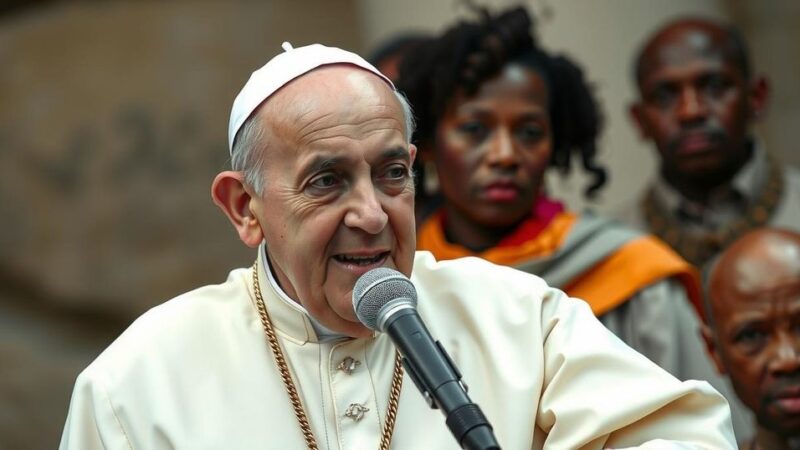Bolivia’s cryptocurrency market experiences a surge in activity following the repeal of a ban, with a 112% increase in trading volumes. Meanwhile, Chile’s Central Bank denies Bitcoin’s inclusion as a reserve asset, citing IMF compliance issues. Bolivian attorneys propose using Tether’s USDT to address economic challenges due to dollar scarcity, aiming to stimulate the local economy.
In recent developments within the Latin American cryptocurrency landscape, Bolivia is witnessing significant growth in its crypto market due to the repeal of an extensive ban on digital assets. The Central Bank of Bolivia reported a surge in trading activities, with a notable 112% increase in transactions following this policy change. Concurrently, the Central Bank of Chile has firmly rejected the inclusion of Bitcoin in its reserves, citing non-compliance with standards set forth by the International Monetary Fund. Furthermore, Bolivian lawyers have proposed the adoption of Tether’s USDT as a benchmark for contracts, aimed at addressing the economic challenges posed by the limited availability of U.S. dollars in the country.
Recent shifts in cryptocurrency regulations across Latin America have sparked considerable interest. Bolivia’s decision to lift a blanket ban on cryptocurrencies fosters increased economic activity and digital asset adoption. Conversely, Chile maintains a conservative stance on digital currencies, reinforcing the importance of aligning with international financial standards. Moreover, proposals from Bolivian legal experts to introduce stablecoins reflect an innovative approach to mitigating economic constraints and could enhance the financial system.
The contrasting approaches of Bolivia and Chile towards cryptocurrency highlight the evolving landscape of digital finance in Latin America. While Bolivia embraces digital assets and seeks to stimulate its economy through potential legal reforms, Chile remains cautious, prioritizing traditional financial stability. The introduction of USDT as a potential index asset in Bolivia serves as a strategic response to ongoing dollar shortages, suggesting a burgeoning acceptance of cryptocurrencies in the region.
Original Source: news.bitcoin.com







